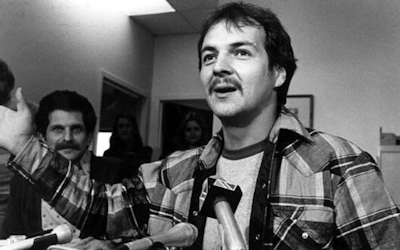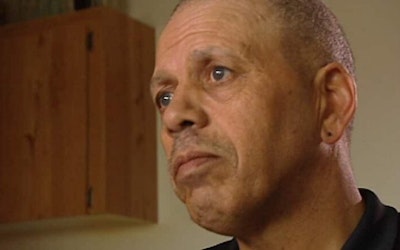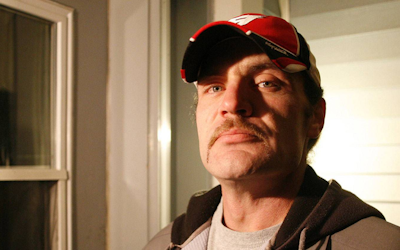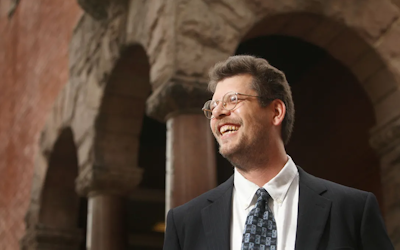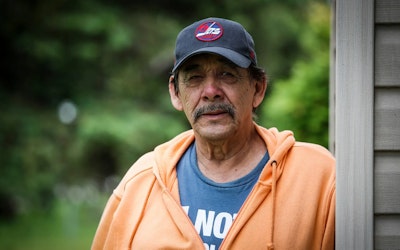The overrepresentation of Indigenous men in Canadian prisons, which the Supreme Court recognized as a "crisis" in 1999, continues unabated to this day. In 2020-2021, Indigenous men comprised over 30% of male prison admissions, despite making up only 3% of the Canadian male population.
Due to rising rates of Indigenous incarceration, some commentators have called Canadian prisons the “new residential schools.” Imprisoned Indigenous people are more likely than their non-Indigenous counterparts to suffer harsh conditions including prolonged solitary confinement, which has been internationally condemned as a heinous form of torture.
Indigenous men are significantly overrepresented in the Registry compared to their prevalence in the Canadian population. This is especially striking given the structural barriers that they face in seeking to rectify wrongful convictions. A number of the wrongful convictions in this Registry where the defendant pled guilty pertain to Indigenous men (see the Spotlight on False Guilty Pleas). Many Indigenous men are strongly incentivized to plead guilty as they are more likely than non-Indigenous persons to be denied bail, to be disadvantaged in the justice system due to a criminal record, and to be subjected to abusive treatment in prison.
Indigenous men may also face language and cultural barriers that negatively affect court outcomes, and experience alienation from the colonial court system such that it seems fruitless to engage in a hostile process that has repeatedly failed them.

